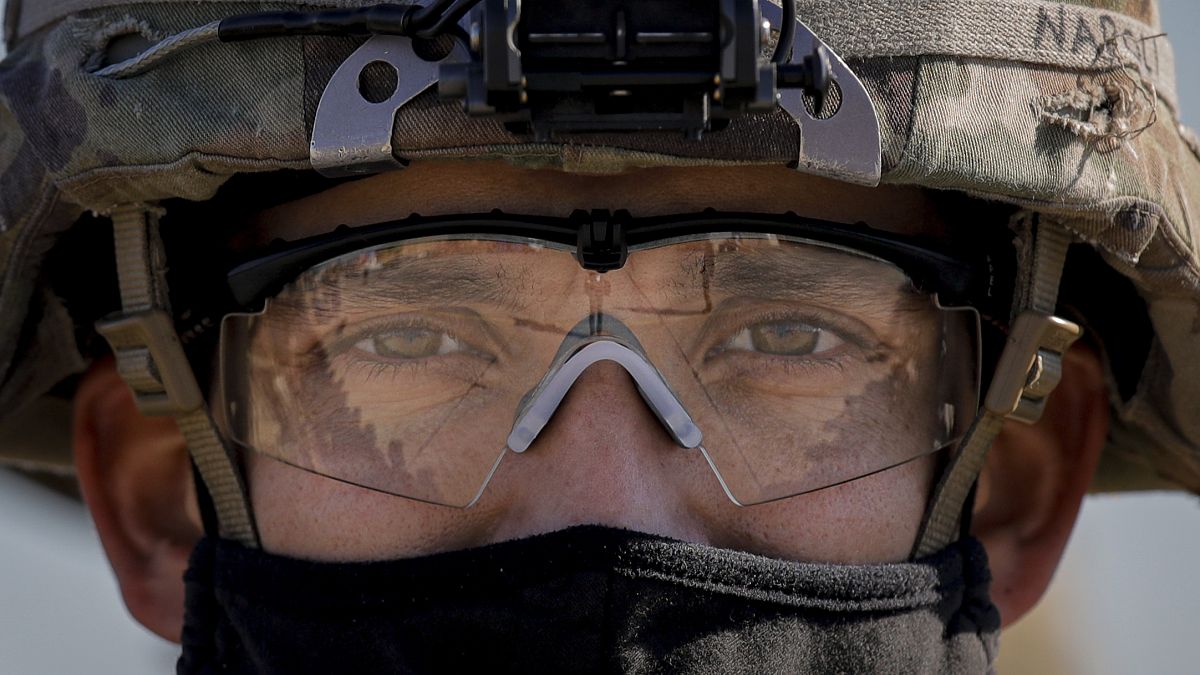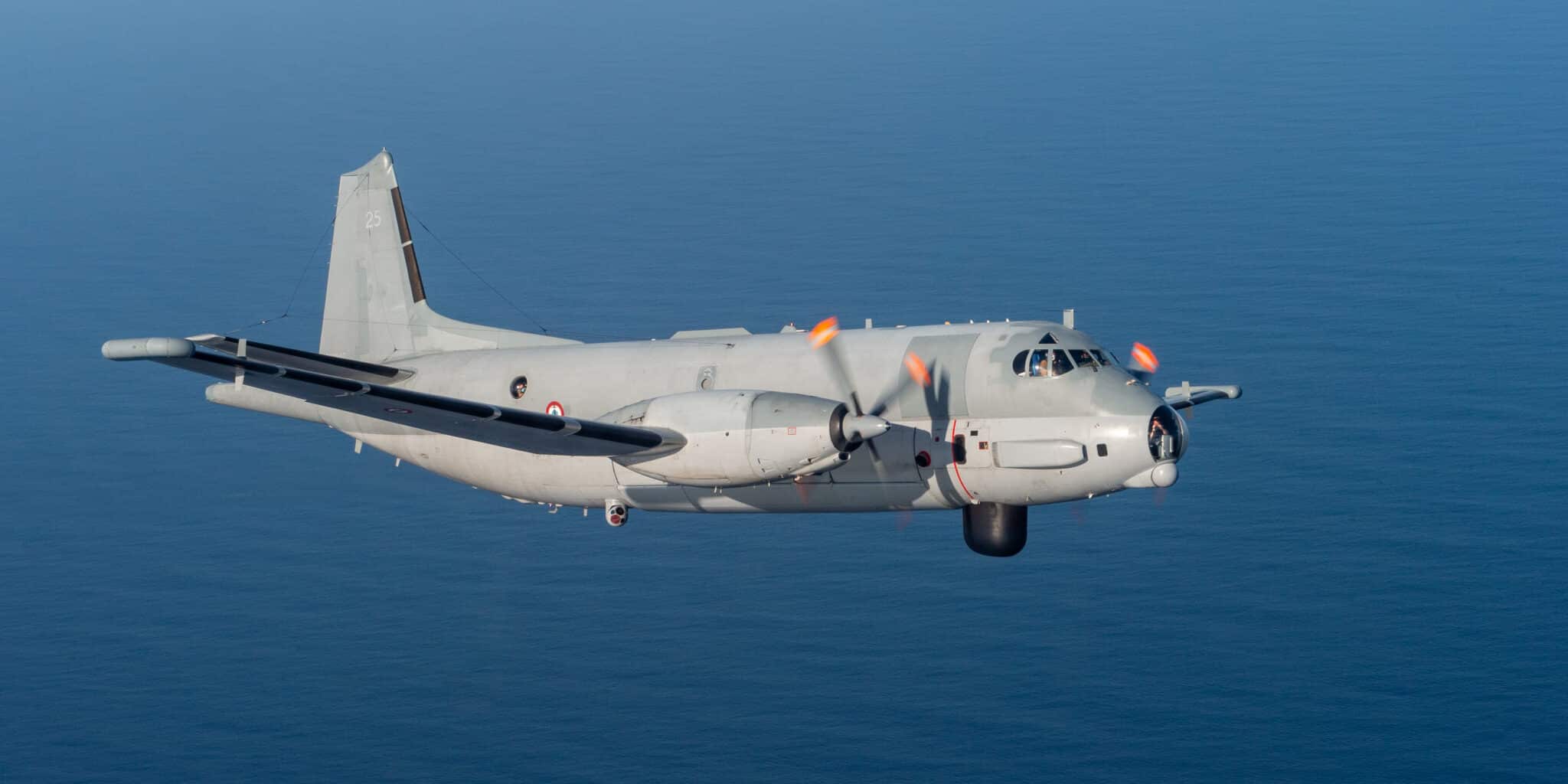Does anybody really care?
I think critical mass counts....and if it's not mass it better be extremely effective.
If we're offering 2x 105 artillery pieces then it's not even statistical noise. Two fully armed, equipped modern battalions of long range fire capacity might make more sense if you can replace 20% of Poland's supplies overnight (212 pieces of Krab self propelled 155 Artillery).
Which boils back down to the unfortunately state of the CAF as it sits today...and in reply to your comment...today...I don't think people care much.
Sending a six pack of 50 year old CF-18's doesn't really stack up to the Vermont National Guard flying F-35's and who is getting called first.
And if you're not providing mass, your not providing capability then you a minimum better have infrastructure to support. But look...we purchasing artillery ammunition from South Korea and the US instead of making it here...so we're short there too.
So it sounds negative...because frankly Canada (and the CAF) are not in a good place. It is truly "politics through other means" and if you don't have the means to do warfare you're not invited to the political discussion.
So before de-railing the thread from the core information on the Ukraine it does make me think of what steps Canada could take to start the progress of growing up and being serious.
1) Up the production of LAV units. Might not be the right unit long term but it's what we have and a truly effective fleet would be a big change.
2) Purchase significant armour from the US. Leopards are good but with Australia also using M1's go with an fleet that can be used east or west directions.
3) Sign a modern artillery shell supply agreement(s) and up production to create true war stocks.
4) Purchase the guns to use said shells + Spares + reserves.
5) Re-build the railway to Churchill for effective rail transport. Get serious about Artic infrastructure including not just main airstrips but alternate strips.
6) Get serious about base infrastructure. I want to see ever CAF assigned to the base under current manning have available modern quarters and not WW2 buildings. Build so there is the bones present to expand if needed under WW3.
7) Turn Yellowknife? Churchill? Tuktuyuktuk into an Artic Warfare school respected NATO wide. The MAPLE FLAG of the north every year.
Many more thoughts that would need more input on Maritime Patrol, Air Interception, Strategic Airlift, and units but they're much slower pieces to move.





